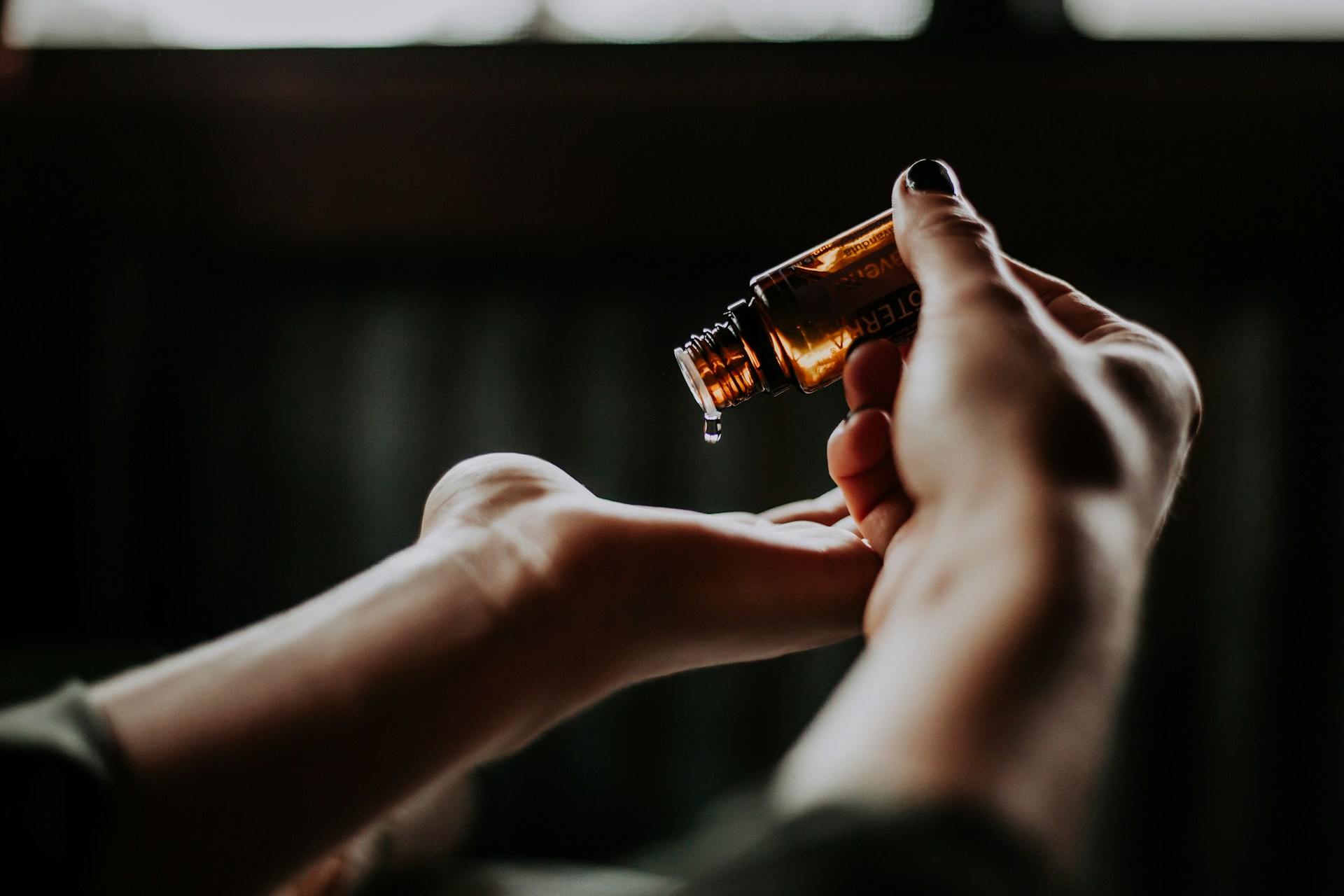In the world of natural remedies and holistic wellness, herbal extracts have emerged as potent elixirs that harness the healing power of plants. Herbal extracts manufacturers play a crucial role in transforming botanical wonders into concentrated potions that offer a myriad of health benefits. Among these manufacturers, Mint oil manufacturers stand out, crafting a versatile and widely used herbal extract. This article delves into the fascinating realm of herbal extracts manufacturing, exploring the intricate process and the impact of Mint oil manufacturers in this dynamic industry.
The Essence of Herbal Extracts Manufacturing
Herbal extracts are concentrated forms of plant compounds, extracted to capture their therapeutic properties. The process of herbal extract manufacturing involves a series of meticulous steps, from selecting the finest raw materials to employing advanced extraction techniques. These manufacturers source herbs from diverse regions, ensuring the highest quality and potency.
Key Processes in Herbal Extracts Manufacturing
Plant Selection and Harvesting:
Herbal extract manufacturers begin their journey by meticulously choosing the right plants. The selection process involves considering factors such as geographical origin, climate, and cultivation methods to ensure the desired potency of the final product. Harvesting is a delicate process, timed to coincide with the plant's peak medicinal content.
Drying and Processing:
Once harvested, the plants undergo careful drying to preserve their active compounds. Manufacturers employ various processing techniques, such as air drying or freeze-drying, to retain the plant's natural goodness. This step is crucial in maintaining the integrity of the herbal extracts.
Extraction Techniques:
The heart of herbal extract manufacturing lies in the extraction process. Manufacturers use diverse techniques, including steam distillation, solvent extraction, and cold pressing, to extract the active compounds. Mint oil manufacturers, in particular, rely on steam distillation to obtain the refreshing and invigorating essence of mint leaves.
Purification and Concentration:
After extraction, the raw herbal extract undergoes purification to remove impurities and unwanted substances. Manufacturers may use filtration or other purification methods to achieve a clean and concentrated product. This step is vital in ensuring the safety and efficacy of the herbal extract.
Formulation and Standardization:
To create consistent and reliable products, herbal extracts manufacturers formulate their extracts by blending specific ratios of active compounds. Standardization ensures that each batch meets predefined criteria for potency and quality, providing consumers with reliable and effective herbal remedies.
Mint Oil Manufacturers: A Closer Look:
Mint oil holds a special place in the herbal extracts market, prized for its versatile applications and refreshing properties. Mint oil manufacturers play a pivotal role in meeting the growing demand for this popular extract. The process of mint oil manufacturing involves specific steps tailored to capture the essence of mint leaves.
Varietal Selection:
Mint oil manufacturers carefully select mint varieties known for their distinct flavor and aroma. Peppermint and spearmint are among the most commonly used varieties, each offering unique characteristics.
Steam Distillation:
The cornerstone of mint oil extraction is steam distillation. This process involves passing steam through the mint leaves, causing the release of essential oil. The volatile oil is then condensed and collected, resulting in the concentrated mint oil.
Quality Control:
Mint oil manufacturers adhere to stringent quality control measures to ensure the purity and authenticity of their products. Rigorous testing for contaminants and adherence to industry standards guarantee a high-quality mint oil suitable for various applications.
Applications of Herbal Extracts:
The diverse applications of herbal extracts extend across various industries, including pharmaceuticals, cosmetics, and food and beverage. Herbal extracts manufacturers cater to a broad spectrum of consumer needs, offering extracts that address specific health concerns and enhance overall well-being.
Pharmaceuticals:
Herbal extracts are increasingly integrated into pharmaceutical formulations for their therapeutic benefits. Manufacturers develop extracts with anti-inflammatory, antioxidant, and antimicrobial properties, contributing to the creation of natural remedies for common ailments.
Cosmetics:
The cosmetic industry embraces herbal extracts for their skin-loving properties. Herbal extract manufacturers provide a range of extracts rich in vitamins, minerals, and antioxidants, contributing to the formulation of skincare products that promote healthy and radiant skin.
Food and Beverage:
Herbal extracts enhance the flavor and nutritional profile of food and beverages. Mint oil manufacturers, for instance, contribute to the creation of mint-flavored products, including teas, candies, and culinary delights. These extracts provide a natural alternative to artificial flavorings.
Conclusion
Herbal extract manufacturers play a vital role in unlocking the potential of nature's pharmacy, converting plants into potent potions that promote well-being. The meticulous processes involved in herbal extracts manufacturing ensure the purity and efficacy of these natural remedies. Among these manufacturers, Mint oil manufacturers stand out for their contribution to the widespread popularity of mint oil, a versatile and beloved herbal extract.
As consumers increasingly seek natural and sustainable alternatives, herbal extracts manufacturers continue to innovate, providing a diverse range of extracts that cater to a multitude of needs. The journey from plant to potion is a testament to the art and science of herbal extracts manufacturing, where nature's wonders are carefully harnessed for the benefit of holistic health and wellness.


